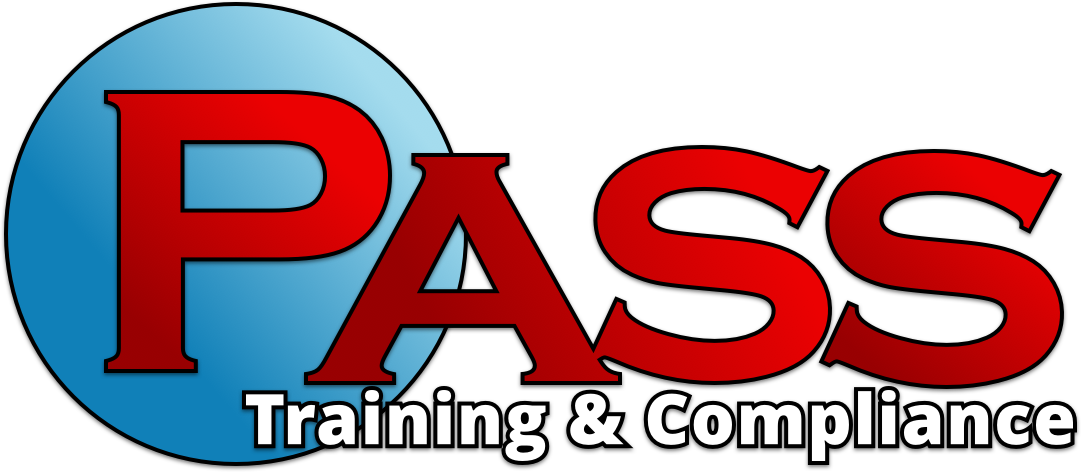What's In Your UST Insurance Policy?
Underground storage tank (UST) insurance coverage protects businesses from financial liabilities due to UST leaks and spills resulting in environmental contamination. UST insurance coverage can address cleanup costs, third-party liabilities, and legal compliance. A UST owner/operator should understand the requirements included in a UST insurance policy regarding:
· How to report knowledge of a release resulting in contamination to the appropriate regulatory agency and insurance company
· State-specific regulatory release reporting requirements
· Insurance claim reporting requirements and timelines
Whether your facility is in a State Program Approval (SPA) State or not, UST owners and operators must report a known or suspected release of hazardous substances from their tanks to regulatory authorities within 24 hours or a ‘reasonable period specified by the implementing agency.’ Most insurance policies have similar timeframe requirements when submitting a claim for coverage of a release and the subsequent investigation and remediation activities.
All insurance policies list the insured’s responsibilities in the event of a claim, including when a claim should be reported, who should be notified in the event of a release, and the nature and location of any damages resulting from the release. UST owners/operators should also be aware of any exclusions within their UST insurance policy. Exclusions listed within a policy are the conditions under which the insurance company will not cover the costs of cleaning up a facility. Specifically, UST owners/operators should look for non-compliance exclusions in their insurance policy. Some insurance policies may contain non-compliance exclusions that allow the insurer to deny a claim for not complying with environmental regulations. For example, if a UST owner/operator intentionally disregards their obligation to report a known or suspected release to a regulatory agency, repeatedly ignores notices of violation, or is aware that their UST system is out of compliance before a release, the UST insurance company may deny the claim.
We can’t stress how important it is for UST owners/operators to understand the environmental compliance and release reporting requirements within their insurance policy. Late claims reporting and non-compliance with environmental regulations are the leading reasons for claim denials, or UST releases not being covered by insurance!
Remember, UST insurance policies often emphasize compliance with release reporting regulations, and failure to report incidents can lead to severe penalties and complications in insurance claims. It’s easy to assume that your insurance policy will cover any environmental investigation or remediation efforts when faced with an unexpected UST-related incident – make sure to review your UST compliance practices and UST insurance policy to confirm that you are covered!
